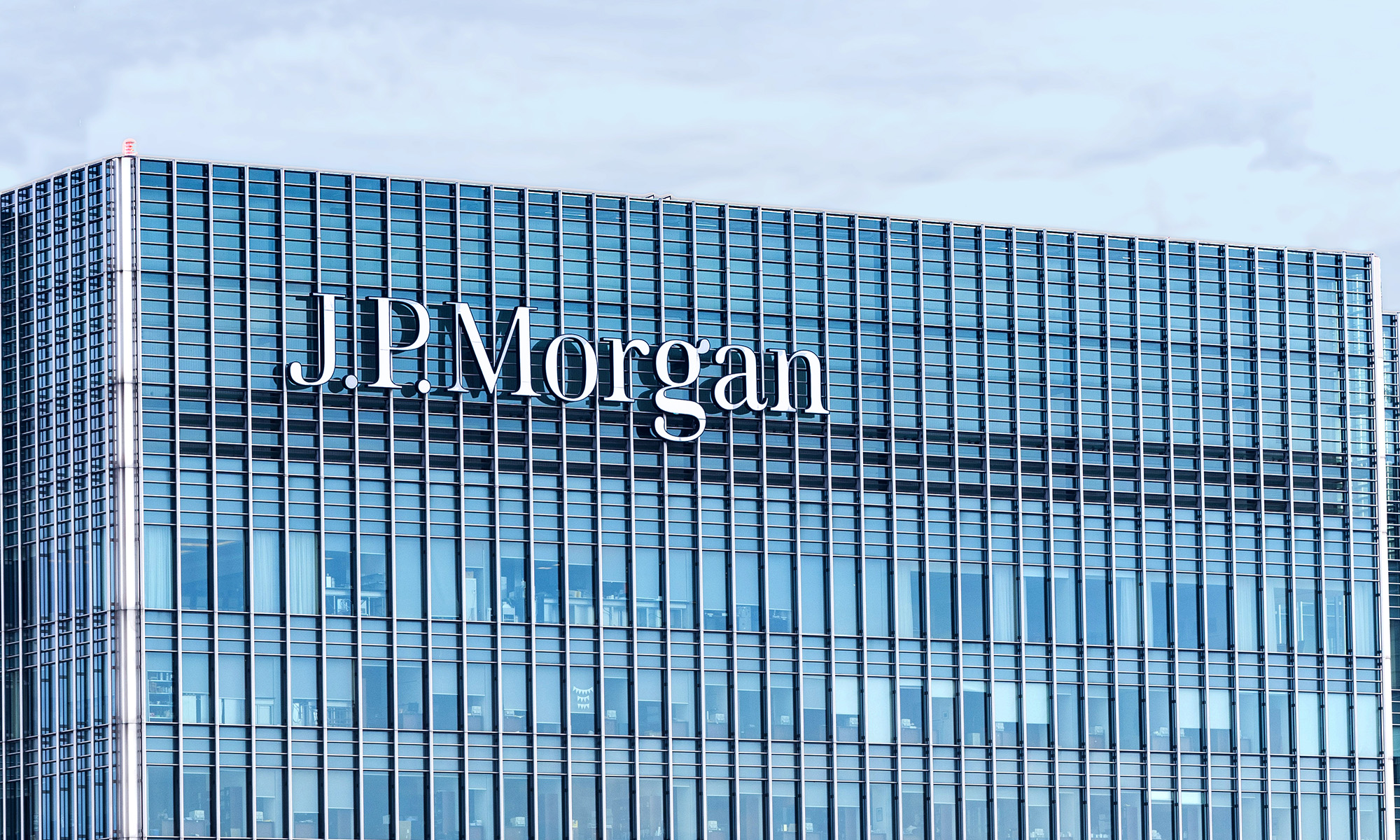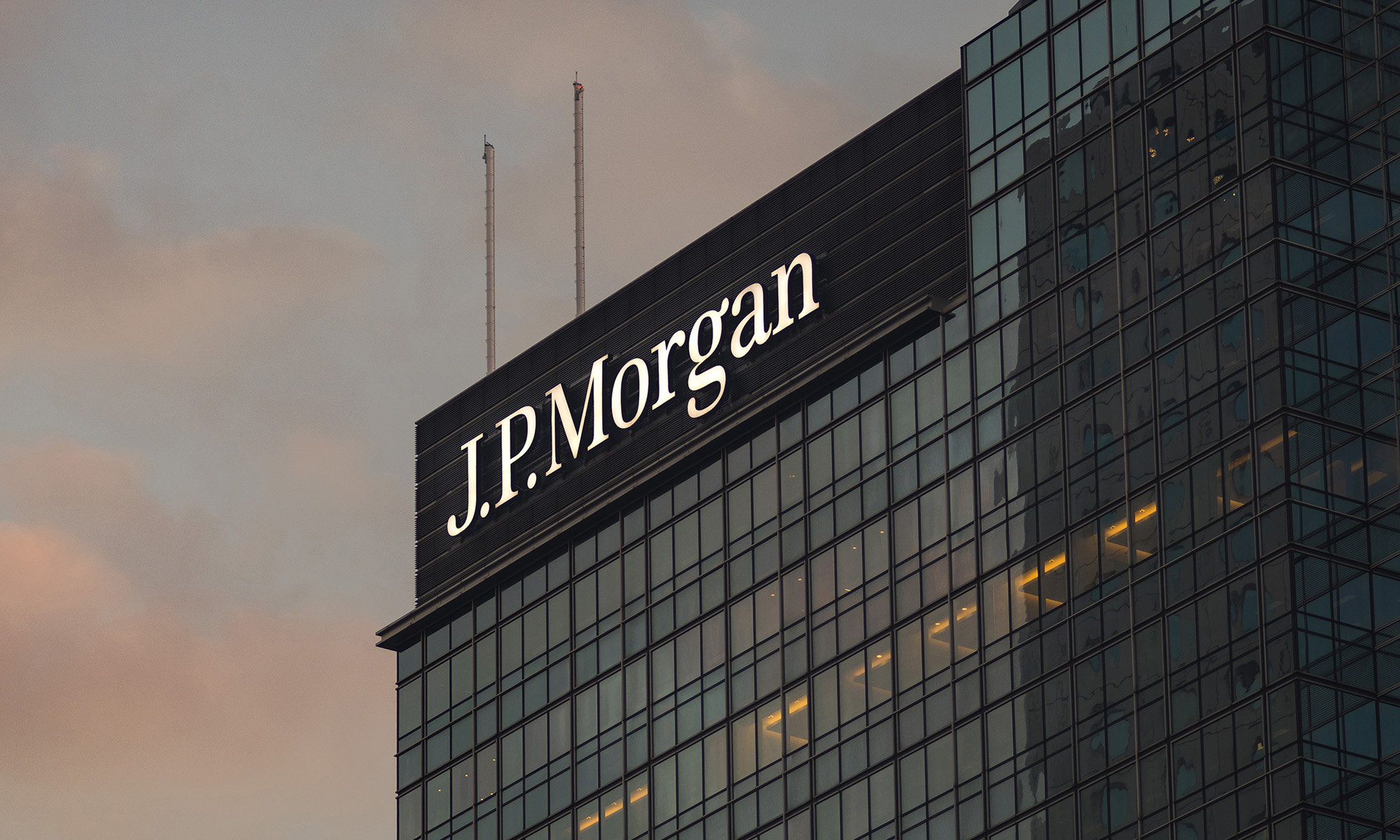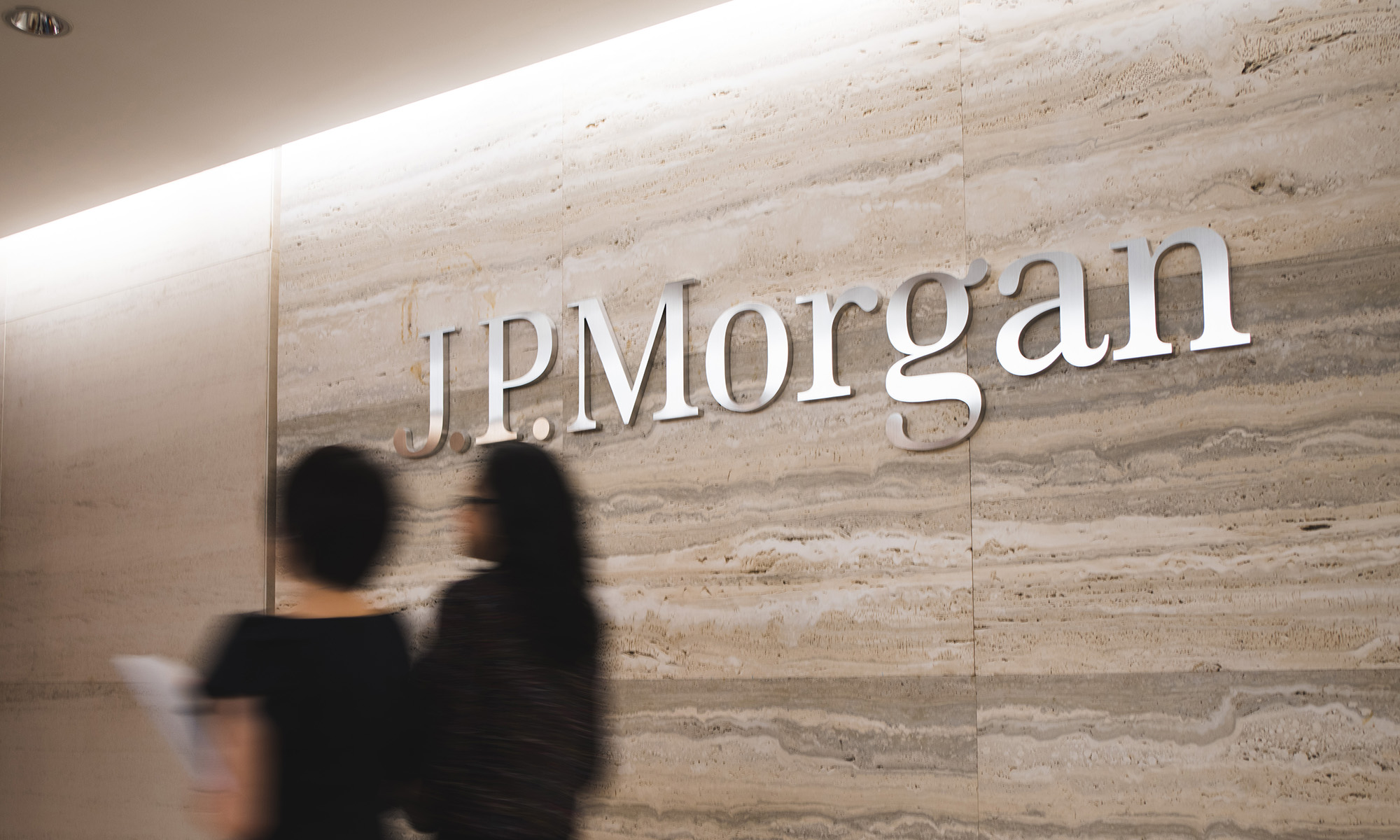The most powerful applications of artificial intelligence (AI) aren't emerging from speculative start-ups but from within America's most established industries. While Wall Street chases tech stocks with extreme valuations and uncertain profits, a quiet transformation is creating tangible value for businesses and their investors.
This shift is driven by practical necessity. Major banks now use AI to eliminate 95% of false fraud alerts, agricultural giants cut herbicide costs by 50% with computer vision, and global manufacturers optimize logistics with predictive algorithms.

Image source: Getty Images.
These are not future promises -- they're immediate solutions to critical challenges, like persistent labor shortages and rising operational costs. This creates a compelling, under-the-radar investment opportunity in companies that pair the financial stability of a market leader with the disruptive efficiency of AI.
Three companies lead this stealth transformation, using AI to create durable competitive advantages, while Wall Street focuses on obvious tech plays trading at unsustainable valuations. Read on to find out more about these three undercover AI stocks.
The financial services AI leader
JPMorgan Chase (JPM 1.95%) is leveraging its scale as a global financial leader to build one of the industry's most formidable AI platforms. With total assets approaching $4 trillion, the bank employs over 2,000 AI professionals to deploy machine learning across its entire business.
In risk management, AI models analyze millions of daily transactions to cut anti-money laundering false positives by 95%. For institutional clients, its IndexGPT platform automates the creation of complex thematic investment products.

NYSE: JPM
Key Data Points
The financial impact of this strategy is clear. In its second quarter of 2025, the bank reported net income of $15 billion, with earnings per share of $4.96 that significantly exceeded analyst expectations. These results reflect the vision of CEO Jamie Dimon, who stated that AI will ultimately impact "every single process," positioning JPMorgan as not just as a banking giant, but also a dominant force in financial technology.
The smart agriculture AI pioneer
Deere & Company (DE 1.52%) has evolved from a traditional equipment manufacturer into a leader in precision agriculture by embedding AI into the core of its platform. This strategic focus on technology continues, even as the broader agricultural market faces a cyclical downturn. This impacted its Q2 2025 net income, as it reported $1.8 billion, vs. $2.4 billion in the prior year.

NYSE: DE
Key Data Points
Deere's flagship technologies demonstrate this shift. The See & Spray system uses computer vision to precisely target weeds, cutting herbicide use by over 50%, while its fully autonomous tractors navigate fields using 16 cameras and real-time AI. By solving critical challenges, like high input costs and persistent labor shortages, Deere's AI-enabled equipment delivers a clear return on investment for farmers, supporting the company's premium pricing strategy and reinforcing its competitive advantage.
The materials industry AI innovator
Sherwin-Williams (SHW 0.73%) leverages AI to revolutionize paint manufacturing, color prediction, and supply-chain optimization. In Q2 2025, the company reported net sales of $6.31 billion, up 0.7% year over year, while navigating challenging market conditions that pressured earnings.
Despite headwinds, the company returned $716 million to shareholders through dividends and share repurchases, demonstrating strong cash-generation capabilities while maintaining investments in digital-transformation initiatives.

NYSE: SHW
Key Data Points
The company's Color Expert app uses machine learning algorithms to analyze visual data and predict optimal color schemes for customers' spaces, personalizing the selection process while capturing valuable preference data. AI-powered predictive maintenance systems optimize factory operations across manufacturing facilities, reducing downtime and improving quality control.
Dynamic inventory management systems leverage machine learning to forecast demand patterns, minimize waste, and ensure product availability across more than 5,000 company-operated stores. These operational improvements compound over time, creating sustainable competitive advantages that pure-play paint competitors can't match.
The undercover advantage
Wall Street analysts focus on quarterly earnings guidance and traditional industry metrics, missing how AI transforms operational leverage within established sectors. When JPMorgan processes transactions 10 times faster through AI automation, efficiency gains compound across billions in daily volume.
When Deere enables farmers to increase yields while reducing input costs, the value proposition justifies premium equipment prices, even during agricultural downturns. When Sherwin-Williams predicts color trends and optimizes inventory allocation, the company captures market share from less-sophisticated competitors.
The AI revolution rewards businesses that solve real problems with proven technology, not companies that promise future breakthroughs with speculative applications. For investors seeking AI exposure without start-up risk, these undercover leaders offer established market positions and technological innovation that drives sustainable competitive advantages.





